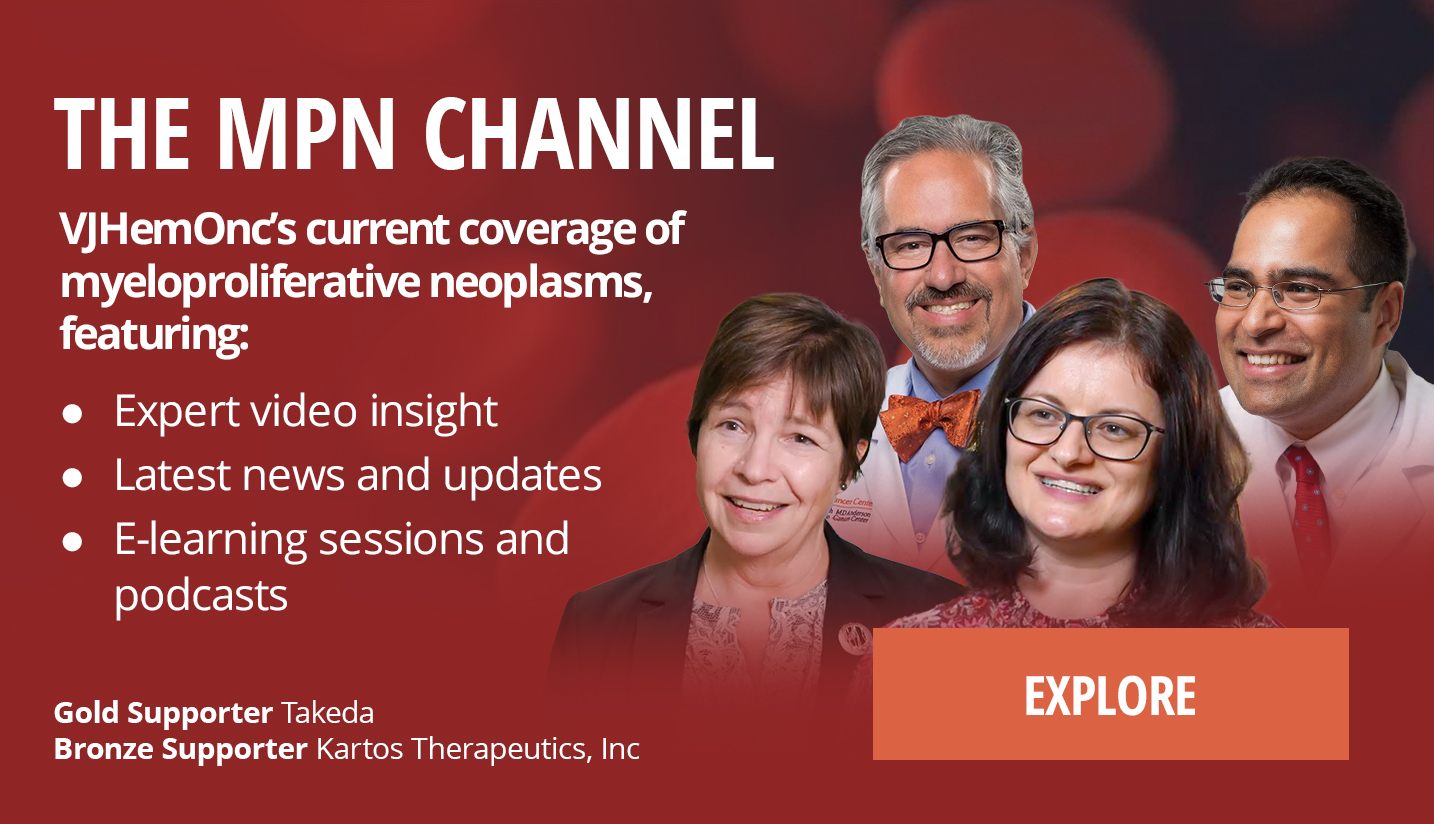This was a really exciting Phase I and II multi-center clinical trial where we looked at this combination of three different agents. We included patients in this trial that had either a diagnosis of relapsed/refractory AML, high-risk MDS or MPN, or newly diagnosed AML if they were not eligible for standard induction chemotherapy. And so patients were started on a doublet regimen of both the ivosidenib and the venetoclax...
This was a really exciting Phase I and II multi-center clinical trial where we looked at this combination of three different agents. We included patients in this trial that had either a diagnosis of relapsed/refractory AML, high-risk MDS or MPN, or newly diagnosed AML if they were not eligible for standard induction chemotherapy. And so patients were started on a doublet regimen of both the ivosidenib and the venetoclax. And then once safety was confirmed with that, we added the addition of azacitidine for these patients. And so patients received ivosidenib continuously and they received venetoclax for 14 days and then azacitidine for seven days. And that was kind of how the trial was designed. This update on the trial is when we’ve included 56 patients in total that have received therapy. That was 12 patients with MDS, MPN, 13 with newly diagnosed AML, and 31 with relapsed/refractory AML. And our results we were very excited about. And so overall, 94% of patients were able to achieve overall response, and 93% were able to achieve a composite complete remission within five cycles. So this also included 76% of patients that were able to be MRD negative within five cycles. So far we’ve had a median follow-up of three years and we still have not reached the median overall survival. And at three years the overall survival is 71% at this point in time. So we’re very excited about these results.
This transcript is AI-generated. While we strive for accuracy, please verify this copy with the video.
















